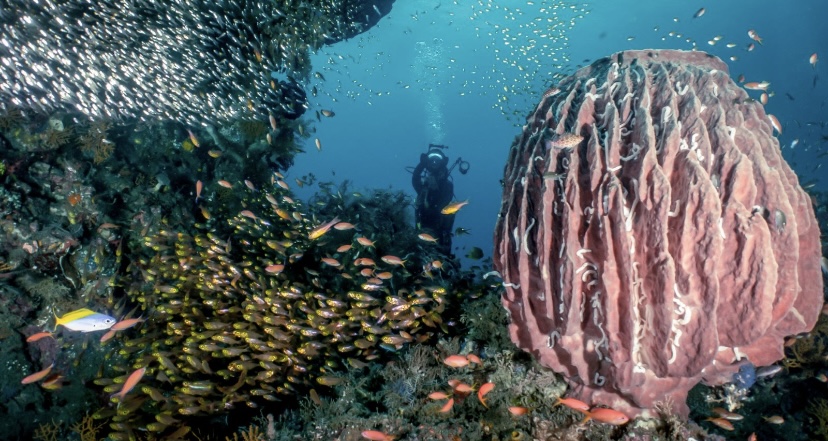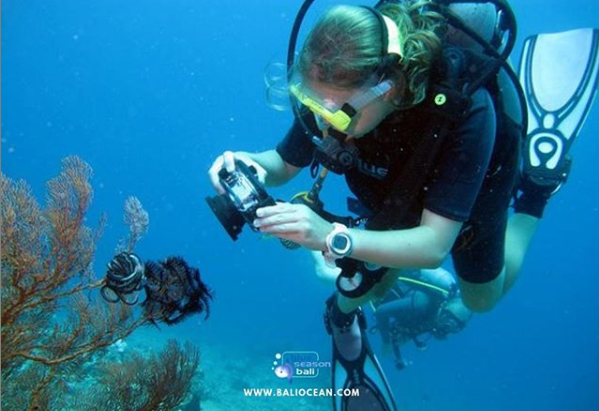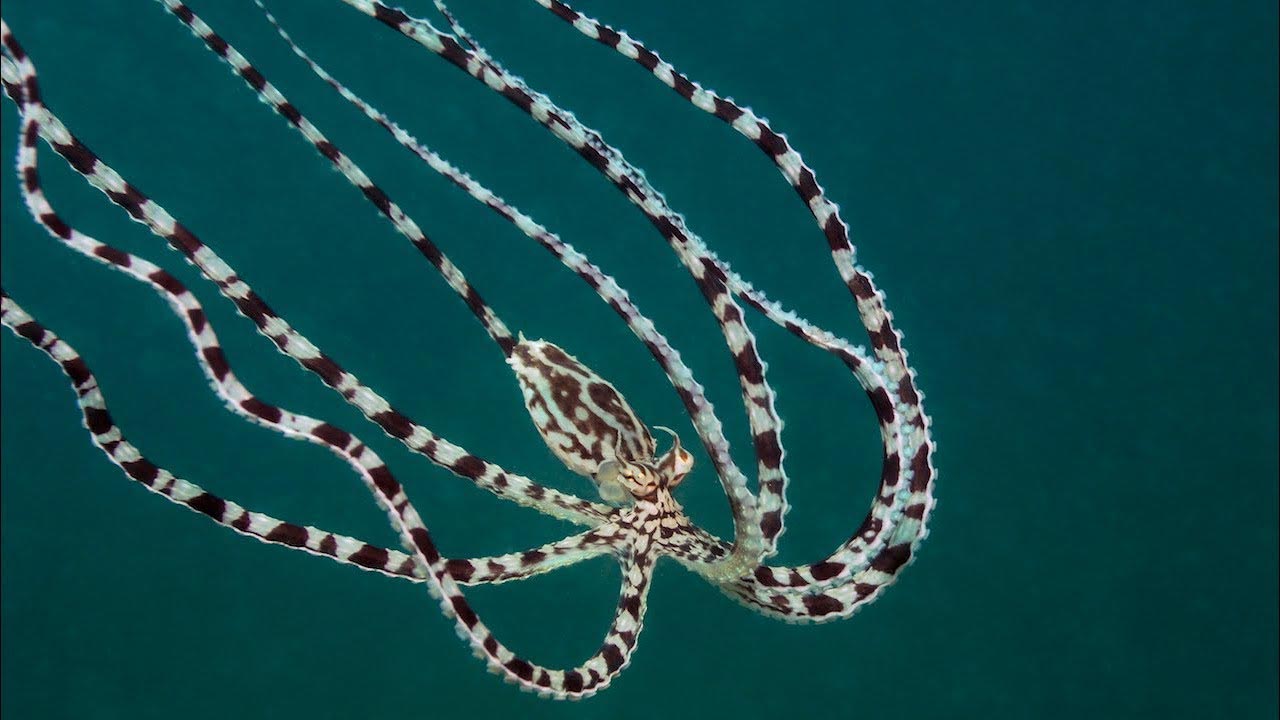Ocean Acidification and its impact to Marine Ecosystems
Scientific Journal By Niels Rijneveld – Marine Biologist
Last week the IPCC (Intergovernmental Panel on Climate Change) has released the most comprehensive assessment yet of the effects of climate change on our planet.
Most of the observed changes resulting from climate change concern natural systems, such as water resources, sea levels or biodiversity. Studies have also shown that sea water isbecoming more acidic as carbon dioxide (CO2) is being dissolved in the ocean.

This will result in fish and other marine animals shifting their ranges, causing invasions of high-latitude seas by low latitude species and local extinctions of marine animals in the tropics. This poses the risk of reduced supplies of fish with consequences for incomes, employment and tourism. Ocean acidification also poses substantial risks to marine ecosystems, particularly at the poles and at coral reefs.
With a more acidic ocean, only tough old boulder corals can survive. The beautiful branching corals which decorate a reef can’t cope. It’s a huge loss because the branching corals play a vital role in the reef ecosystem, protecting the young fish needed to help feed a hungry world population. Research at some underwater volcanic vents shows that between 30-50% of coral types won’t be able to cope with the CO2 levels expected for the world’s oceans this century.
We’ve already lost a third of coral reefs thanks primarily to pollution and overfishing – both are accelerating. Now there’s the added impost of global warming and in future, ocean acidification.
We should be very worried about acidification. Some coral species will substitute for other, but if you lose some of the more delicate corals such as table corals and branching corals, many fish will disappear. Those corals offer crannies and other hiding places for juvenile fish to shelter. Lose the corals, and you will lose the fish. We should try to avoid this because isn’t this why we all enjoy diving and snorkelling so much?
If this article is valuable to you, then you might be interested to read similar article about how sun screen can also damage corals from Niels Rijneveld




